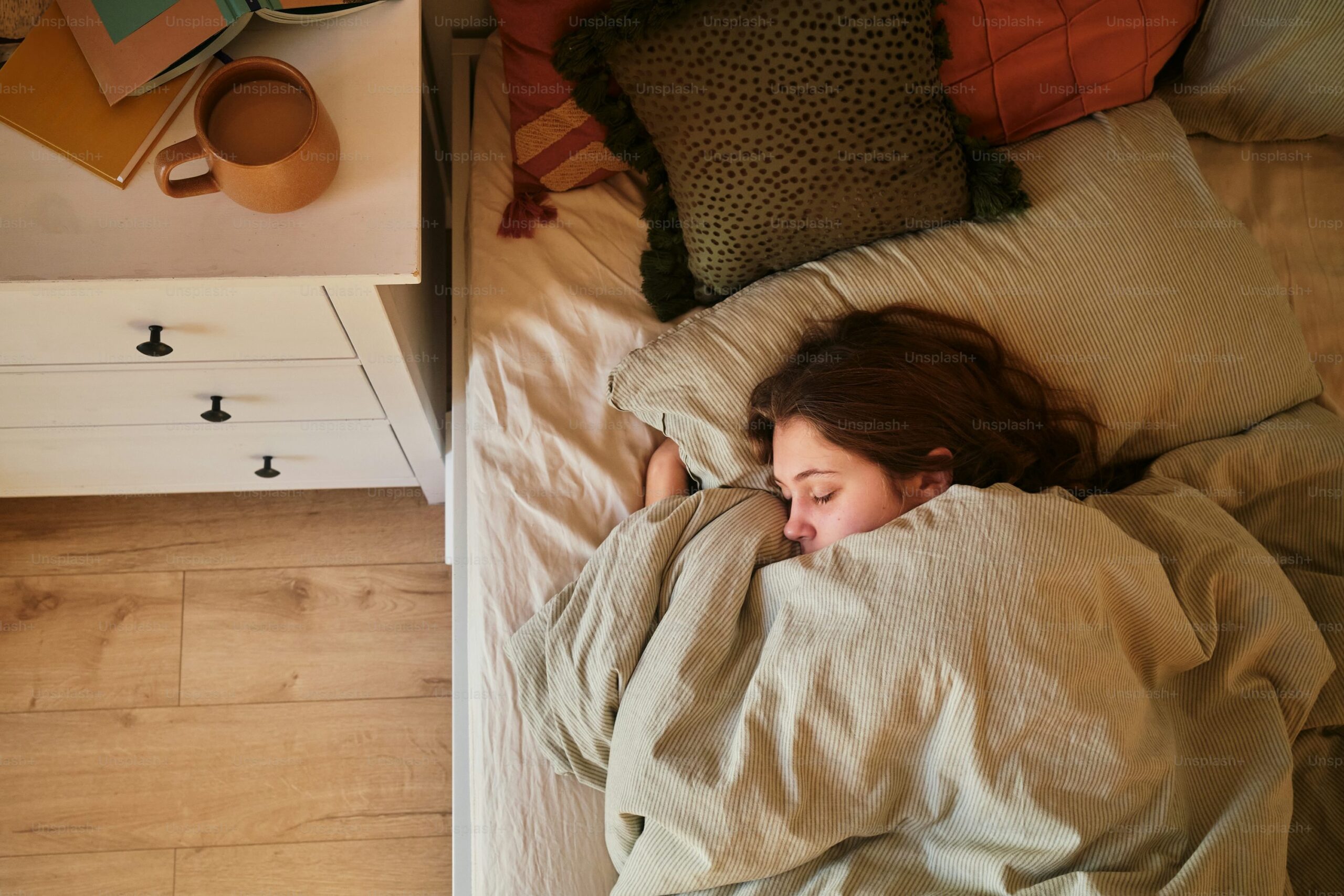For years, we’ve all been told that a solid 7–8 hours of sleep is the secret to staying healthy and productive. Yet, many women wake up feeling exhausted, even after clocking in the recommended hours. So, why do women often feel more tired than men despite getting enough rest? The answer lies in how our brains, hormones, and daily responsibilities affect sleep differently for men and women.
The Science Behind Sleep Differences
Sleep isn’t one-size-fits-all. Studies have shown that women typically need about 20 minutes more sleep than men. According to research involving over 70,000 participants, women aged 40–44 slept nearly 30 minutes longer than men in the same age group. Interestingly, women also tend to spend more time in deep sleep, which helps the brain recover from mental fatigue.
However, despite sleeping slightly longer, women often report poorer sleep quality. This gap between quantity and quality is what makes fatigue more common among women.
Why Women Need More Rest
1. Hormonal Fluctuations
Women experience several hormonal transitions throughout life—puberty, menstruation, pregnancy, and menopause. Each stage can disrupt sleep. For instance, PMS and menopause often trigger night sweats, mood swings, or insomnia, affecting rest consistency.
2. Multitasking and Mental Load
Women are more likely to juggle multiple responsibilities—balancing work, home, family, and personal goals. This continuous mental multitasking requires higher cognitive energy, leading to greater brain recovery needs during sleep.
3. Higher Risk of Anxiety and Depression
Statistics show that women are more prone to stress and anxiety-related disorders. Overthinking or worrying at night can delay sleep onset, making it harder to achieve deep, restorative rest.
Also Read | How Many Hours of Sleep Do You Really Need for Good Health?
4. Social and Environmental Pressures
Household duties, childcare, and caregiving often extend late into the night. Women frequently sacrifice their sleep to meet personal and family demands, compounding fatigue over time.
How Women Can Improve Sleep Quality
- Establish a regular sleep routine: Go to bed and wake up at the same time daily.
- Limit caffeine and screens: Avoid coffee and digital devices 2 hours before bedtime.
- Create a calm environment: Dim lights, use soft bedding, and keep your room cool.
- Address hormonal and mental health changes: If symptoms persist, consult a doctor or sleep specialist.
- Practice relaxation techniques: Meditation or deep breathing can help calm an overactive mind.
The Bottom Line
Women do, in fact, need slightly more sleep than men — not because they’re weaker, but because their brains work differently and more intensively throughout the day. Understanding and respecting these biological needs can significantly improve both energy levels and emotional well-being.
So the next time you hit snooze, remember — you’re not lazy; your body might just be catching up on the rest it truly deserves.





